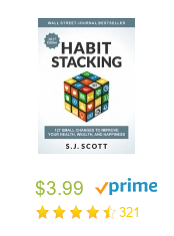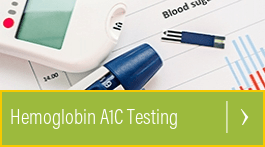
5 Guidelines To Help You During Closing A Home Sale

Things To Know About Closing A Home Sale
During a closing meeting, which is a significant event, the sale of a property becomes official, and documentation and paperwork are finalized. With that said, you should also be aware of your responsibilities as a buyer. A "closing table" may sound new to you, especially if you've never had any experience in buying a property. The term may even sound daunting.
But the truth is that this pertains to a simple meeting wherein you and the seller go over the documents and finalize the sale of the property. At this time, it is crucial to document your responsibilities regarding mortgage, and you must sign a document that allows the lender to foreclose your property if you stop or is unable to make payments. When the closing meeting is going to be will be decided upon during the signing of the contract, but the schedule can be changed in case there is an emergency or any special circumstance. Check out these 5 tips!

1Know The Required Attendees
The following individuals need to be at real estate closings: the buyer of the property, the seller, the agents of each party, as well as the settlement agent. If you have a mortgage broker, he or she can also be present during the meeting, and your lender, escrow agent, lawyer, and title insurance company representative may also attend the meeting if your region's or state's regulations require it. These representatives help in ensuring that everything goes smoothly, particularly as regards documentation, and this is also the time when agents get the commissions they earned.

2Know The Events Involved In The Closing
For a buyer, the closing is a significant event because this is when his name is added to the title deed; he also receives the keys to his new property. The duration of closing deals is often about one hour to two hours; this will usually depend on how complex a deal is and how lengthy the discussions will be. The date and time of the closing will be arranged based on the convenience of everyone who needs to attend the event.
The protocol involved during closing usually depends on the regulations of the state or region where it is taking place, but the meeting will often take place in an escrow company, a title company, or a lawyer's office. A lot of document signing ensues during such events. The usual documents that will be signed and finalized during such meetings include the following: loan papers, settlement statements, title insurance, contract, documents regarding closing costs and down payments, mortgage payments, a title deed, and others.

3Come Prepared For The Meeting
Before going to the closing table event, be sure to prepare a few things. For one, you need to have the closing within the commitment dates that your lender has specified to avoid any trouble. In case you are renting, inform your landlord that you are going to move out and learn how you can obtain your security deposit.
Also, it's prudent to have the house re-inspected so that any issues or damage can be addressed before the property is entrusted to you. This is also the most convenient time to obtain a homeowner's insurance. Talk to the seller to verify that they will be moving out of the house after the closing date, and then proceed to make arrangements regarding moving into your new home.

4Ask Your Questions Before Signing
Closing meetings are held differently, but the main events are often the same. First, you will be led to a conference table where you will sign the finalized legal papers, and the signing will be witnessed by the seller and the agents of both parties. This is also the time to: ask or clarify last questions, sign the loan and mortgage documents, exchange and sign the finalized paperwork, and get the keys to your new abode. Afterward, the closing agent will be responsible for recording your deed and mortgage at the local government office. After the process is finalized, you are officially the new owner of your home.

5Be Aware Of Your Financial Obligations
In the closing statement or the financial agreement, you will find details regarding the closing costs and how much each party's share is; you will find specific info about the charges that you need to pay during the transaction. You may find charges that are "prorations" or "prorated," which essentially means that the amount is divided between the buyer and seller. Be aware that you may be responsible for paying the following fees: escrow fees, notary fees, documentation and paper preparation fees, title insurance premiums, property taxes (your share), inspection charges (particularly if you ordered them), interest charges of new loans, courier fees, change of ownership fee, change of record charges, and fire insurance fees.
About Author
Jackie Wing
GET THE FREE MAGAZINE DELIVERED STRAIGHT TO YOU:









































